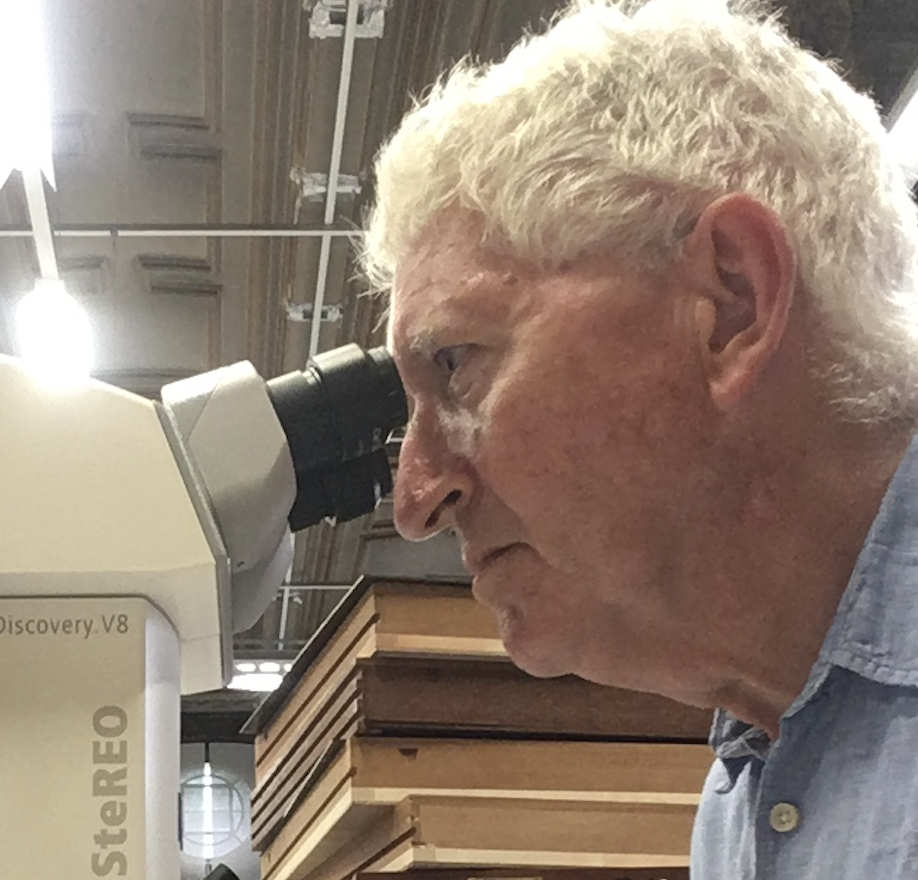
Richard Jones
Entomologist
Richard is an entomologist and writer. After a semi-feral childhood spent exploring the South Downs and Sussex Weald he now lives in south-east London. He is a fellow of the Royal Entomological Society and a past president of the British Entomological and Natural History Society. As well as contributing to Countryfile, he also regularly writes for BBC Wildlife, New Scientist, The Guardian, Sunday Times. His latest books include Mosquito and Wasp in the acclaimed Reaktion Books Animal Series, Call of Nature: the secret life of dung, Beetles in the HarperCollins New Naturalist Library, A Natural History of Insects in 100 Limericks, and Ants in the Bloomsbury British Wildlife Collection. There are entomological musings on his blog at www.bugmanjones.com and @bugmanjones is on Twitter.